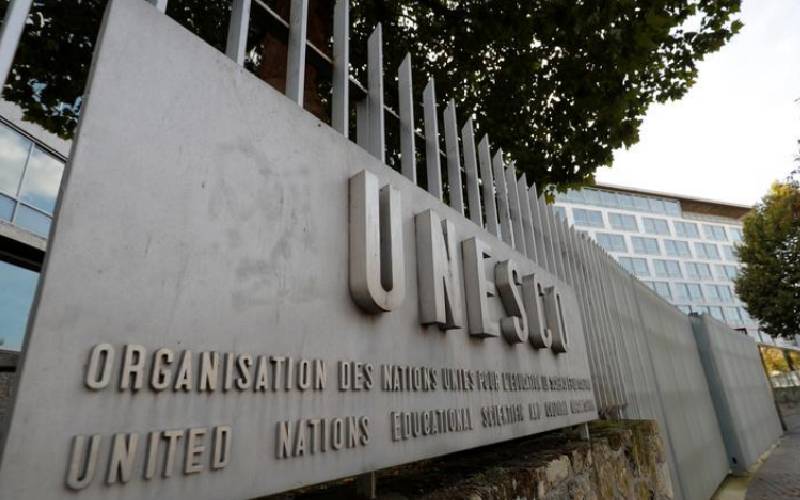×
The Standard e-Paper
Stay Informed, Even Offline

The headquarters of the United Nations Educational, Scientific and Cultural Organization (UNESCO) in Paris, France. [Reuters]
Empirical evidence demonstrates that enhanced funding of education programmes accelerates student outcomes. The implementation of equitable quality education as outlined by Unesco, Unicef and World Bank Group, however, requires enormous funding to enable the government build more modern schools, pay teachers excellent salaries and to supply teaching materials.